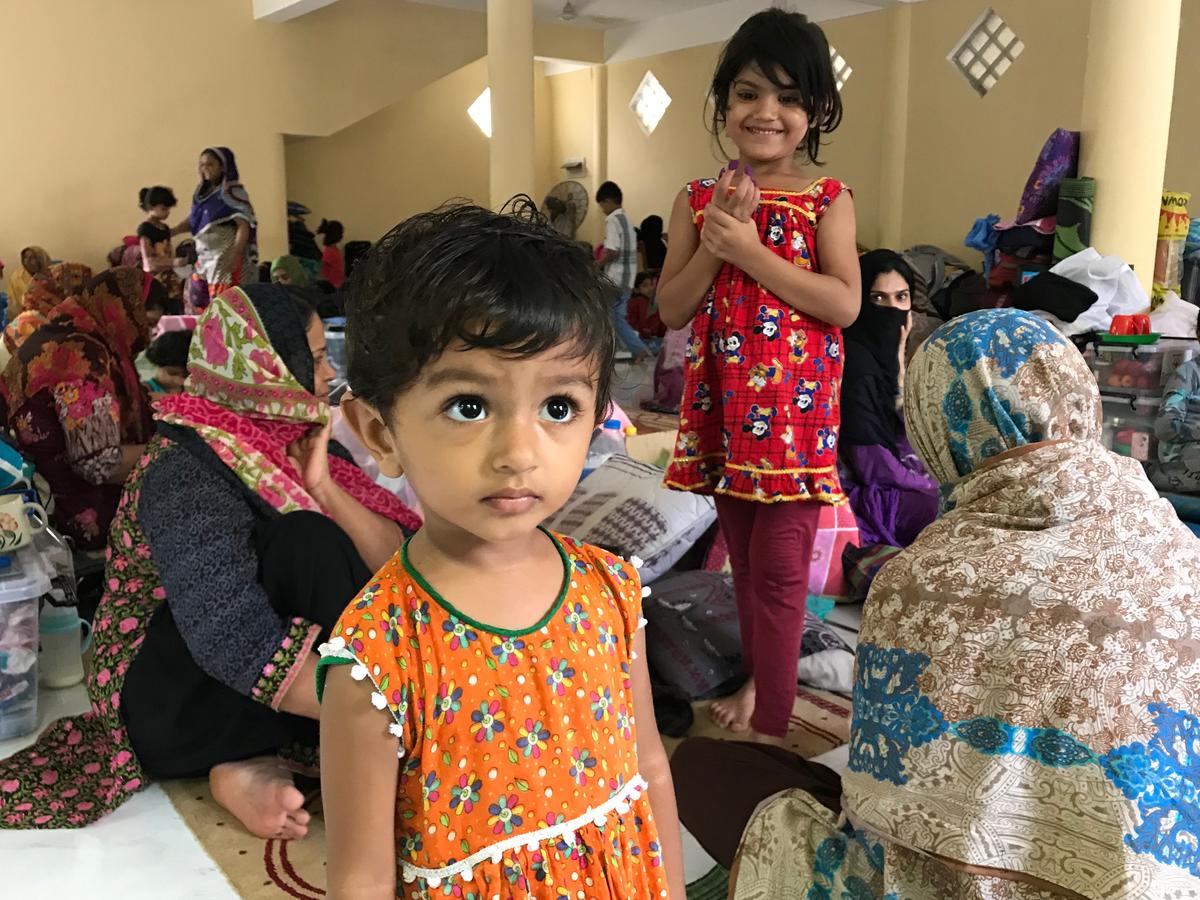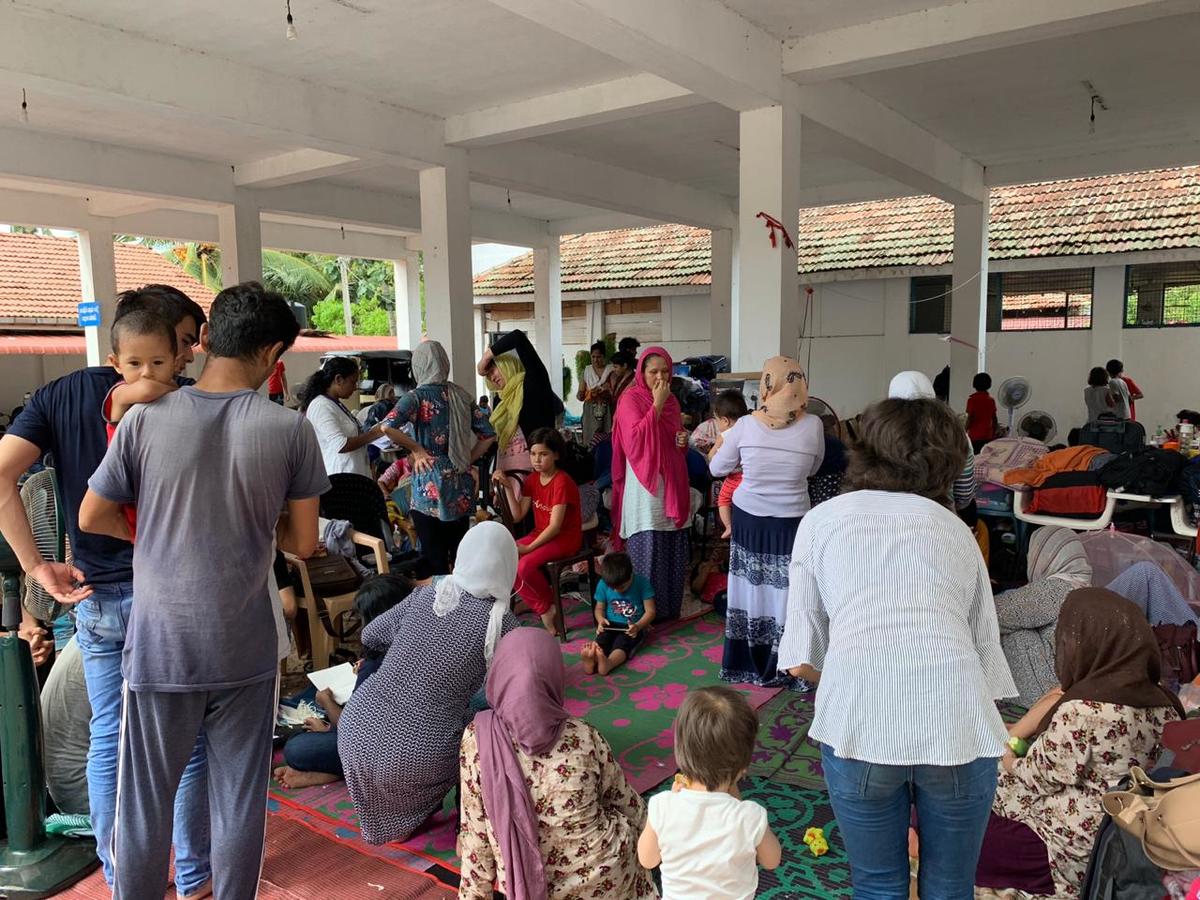UNHCR welcomes resumption of return movements in northern Sri Lanka
UNHCR welcomes resumption of return movements in northern Sri Lanka

GENEVA, April 27 (UNHCR) - The UN refugee agency on Tuesday welcomed the resumption of government-led return movements in northern Sri Lanka, following a three-week pause for the general election, the Sinhala holiday and the Tamil New Year. Some 7,000 internally displaced people (IDP) have returned to their homes in the districts of Kilinochchi and Mullaitivu since the operation resumed last week.
Some 207,000 IDPs have left camps in the north and east of the country since the organized return process began in August last year. They have either returned to their homes or are staying with friends and relatives in Vavuniya, Mannar, Jaffna and other districts.
"People are returning to areas which suffered major destruction," UNHCR spokesperson, Andrej Mahecic, told journalists in Geneva. "To assist them to rebuild their lives, we are providing each returning family with a shelter cash grant of 25,000 rupees [$US220] through the state Bank of Ceylon. More than 40,000 families had already received the cash grant by March," he added.
In the past month, UNHCR was forced to suspend this assistance due to a funding shortfall, but thanks to recent contributions by donors, the refugee agency will be restarting the shelter cash grants by the end of the week. Most of these funds will be used to assist some 10,000 families who have returned to their homes but have not yet received the grant due to the suspension.
"There are still some 82,000 people living in the camps or with host families in the north and more returns are expected to take place this year. However, more funds are urgently needed for families who are expected to return in the coming weeks and months," Mahecic stressed.
A recent UNHCR assessment showed that although some families used the cash grants to start repairing their houses or to construct new shelters, others use the grant according to their own priorities. Many returnees purchased bicycles, which allows them to access services, transport goods and re-establish social networks. Some families may also use the money to pay for labour for land clearance or invest it in starting up small businesses.
Meanwhile, UNHCR continues to distribute other relief aid to returnees such as plastic mats, mosquito nets, clothing and jungle clearing tools. Mine clearance efforts are continuing as well as the government's reconstruction of infrastructure after years of war. Livelihood activities and general services such as transport, health and education are still lacking in most of the return areas. Addressing these issues will help anchor the returns.
"During return monitoring, many communities tell us about the issues they are facing upon return. For instance, single women as heads of households in the Vanni region say they have few opportunities to generate income upon return. They also face challenges in obtaining certain types of documentation, such as death certificates for their deceased husbands," Mahecic said, adding: "These documents are necessary to become eligible for widow's allowances and governmental support."
In the final fighting of the long war last April and May, about 280,000 people had been displaced. They ended up in more than 40 camps, mainly in the Menik Farm site in the Vavuniya region.
The camps are now hosting less than one third of their initial population. Returns and the subsequent decongestion eased the pressure on the health, food and water services. IDPs continue to use the pass system to leave and re-enter the camps.




